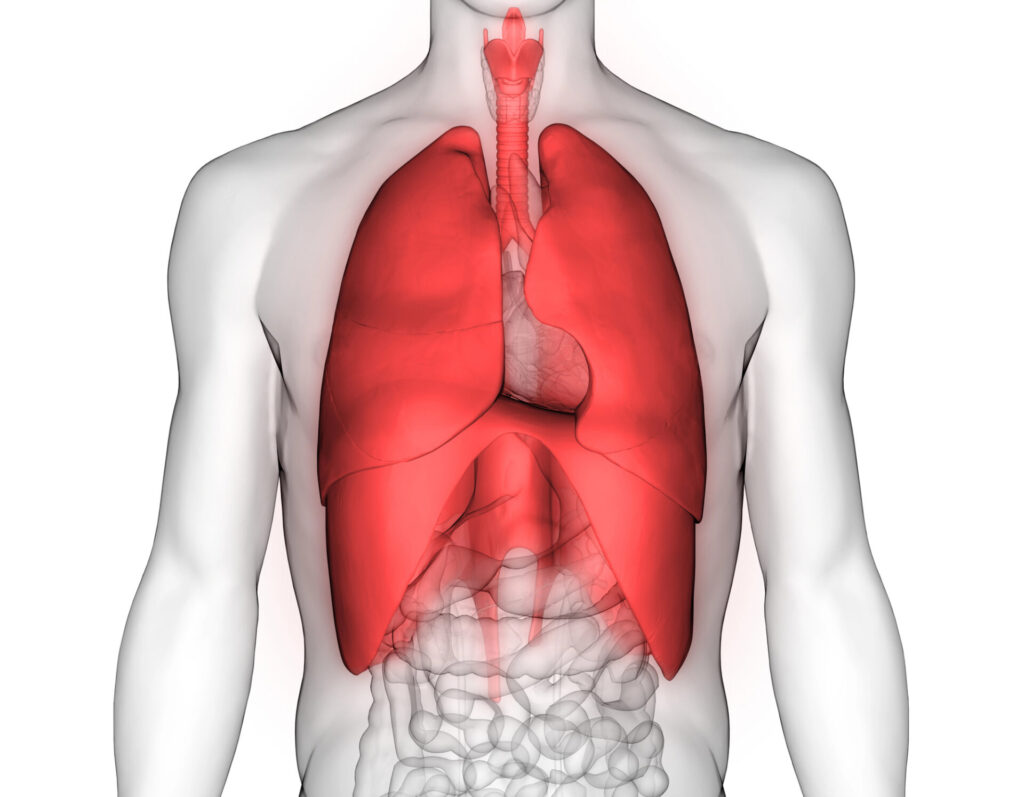The link between diet and brain health has been well established, with research showing that a so-called Western diet high in saturated fats and simple sugars may trigger Alzheimer’s disease. Research also shows that people who suffer from Alzheimer’s tend to have lower levels of a neurotransmitter called acetylcholine, which is essential for memory and functions such as learning, attention, arousal, and involuntary muscle movement.
With that in mind, a team of researchers led by Scott Kanoski, PhD, a professor of biological sciences at the University of Southern California, decided to test the effects of a high-fat, high-sugar diet during adolescence, when the brain is still developing. The results of the study were published in the May 2024 issue of Brain, Behavior, and Immunity.
In order to gauge the potential long-term impact of a Western diet on the brains of teenagers, the USC team examined four cohorts of adolescent rats. The first three cohorts each contained 24 rats, half of which received standard chow and half of which received a junk food diet. After 60 days, rats in the junk food group in the first cohort were switched to standard chow, while the junk food group in the second cohort remained on the junk food diet. Rats in the junk food group in the third cohort were switched to a healthy diet after only 30 days. Meanwhile, the fourth cohort contained 30 rats, all of whom were fed a junk food diet and then switched to standard food after 30 days.
Throughout the study, the researchers analyzed the brain responses of rats in the various cohorts by subjecting them to tasks designed to evaluate their memory. For example, the rats were allowed to explore new objects in different locations. Days later, the researchers reintroduced the rats to a scene that was nearly identical except for the addition of one new object. Rats on the junk food diet showed signs they could not remember which object they had previously seen, and where, while those in the control group showed familiarity.
Even more alarming, the researchers say, is that reversion to the standard diet didn’t appear to reverse the damage. “What we see not just in this paper, but in some of our other recent work, is that if these rats grew up on this junk food diet, then they have these memory impairments that don’t go away,” said Kanoski. “If you just simply put them on a healthy diet, these effects unfortunately last well into adulthood.”
Conclusions
Kanoski emphasized that adolescence is a very sensitive period for the brain when important changes are occurring in development. “I don’t know how to say this without sounding like Cassandra and doom and gloom,” he said, “but unfortunately, some things that may be more easily reversible during adulthood are less reversible when they are occurring during childhood.”
The good news, Kanoski said, is that further research showed that two drugs designed to induce the release of acetylcholine in the brain were able to restore the rats’ memory ability when given directly to the hippocampus, opening up a potential avenue for treatment. More research is needed, however, to determine how memory problems from a junk food diet during adolescence can be reversed without such an invasive intervention.






